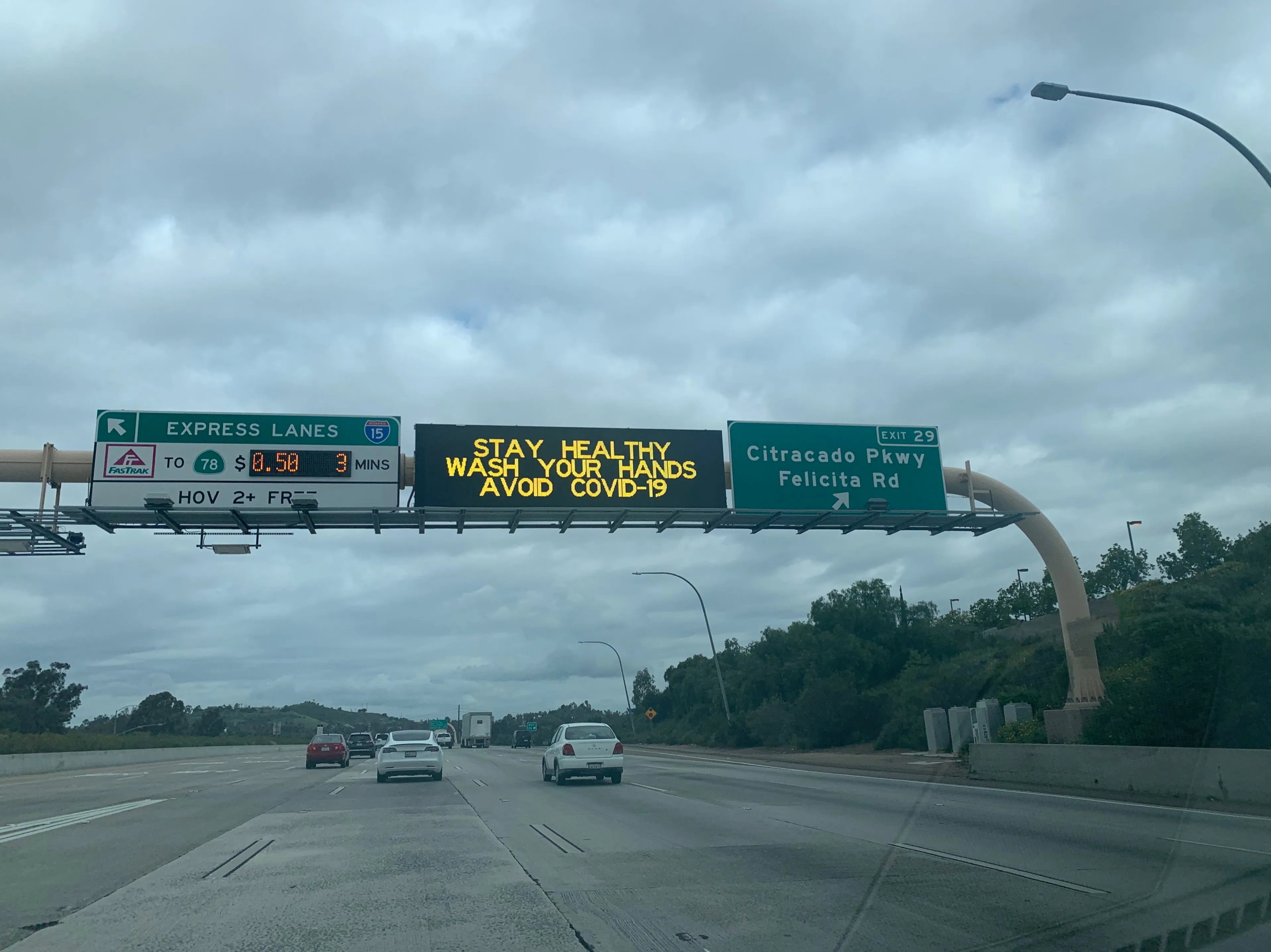
McCain's dynamic message signs (DMS) have been recognised by the California Transportation Foundation (CTF).
The portfolio won the CTF's Advanced Technology Program / Project of the Year Award for 2020.
Part of the Swarco Group, McCain has been providing signs to California DoT (Caltrans) for 16 years.
Starting in 2017, Swarco/McCain worked closely with Caltrans District 11 in San Diego to introduce new DMS that incorporate Swarco's precision optic technology, which has just been recognised by CTF.
They have been deployed in Caltrans District 7 (Los Angeles) in 2019, Caltrans District 3 (Marysville/Sacramento) last year, and in San Jose City and at the San Jose Airport.
The company says its signage "offers greatly reduced power consumption" than other models, as well as lower operating costs and more sustainability.
It requires less power to drive the LEDs, "and by narrowing the angularity, the light is more focused and redirected toward the road which also results in less energy usage".
"By driving the LEDs at only 3-14% of their capacity, the Mean Time Between Failures (MTBF) is greater than 15 years, eliminating the need for redundant drivers," McCain continues. "Power supplies are driven at only 30% of maximum rated wattage with all LEDs on full power."
Other CTF award winners included the 22-mile South Bay Bus Rapid Transit Project (2020 Bus Rapid Transit Project of the Year), which stretches from the southern part of San Diego County, near the Otay Mesa crossing of the US-Mexico border, to downtown San Diego.










